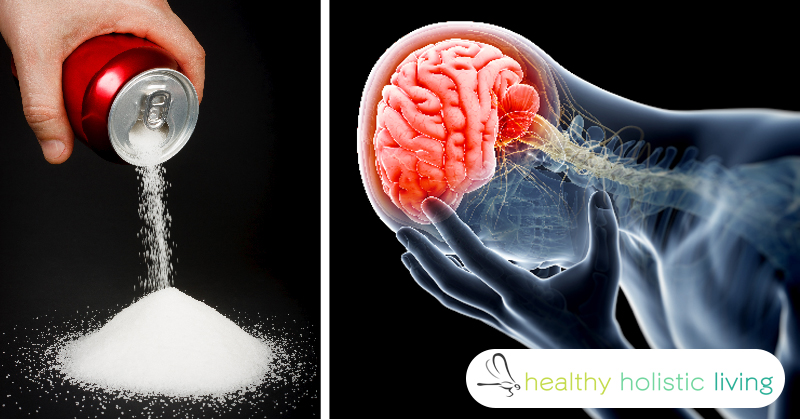For years doctors and health professionals have been telling us that process foods, too many red meats, and sugars are unhealthy for our bodies. However, it wasn’t until much more recently that researchers began to make a connection between nutrition and mental health.
All Food is Not Created Equal
Sadly, only 13% of men and 15% of women are eating enough fruits and vegetables to sustain a healthy body and mind. Substances and additives from processed foods have to go somewhere. Your body absorbs them the same way that it does essential nutrients and vitamins.
RELATED ARTICLES:
- Fruits and vegetables BEFORE we domesticated them
- The 17 Best Protein Sources For Vegans and Vegetarians
However, your body, and most importantly, your brain uses nutrients and vitamins to keep your tissue healthy and your brain functioning at 100%. If those ingredients are replaced with artificial ingredients, hormones, and preservatives, your body has been stripped of one of its most basic functions – keeping you healthy and sharp.
Take processed foods that are high in refined sugar, for example. Research has shown that once the brain takes in processed materials that it cannot use, it is very hard for it to get rid of these materials. Refined sugar is one of these substances.
Your body doesn’t quite know what to do with it, and it can actually cause inflammation of tissue inside the body, which can cause permanent damage. As a result, many people suffer from slowed brain function or cloudiness as well as worsened mood and even depression just from eating an unhealthy snack.
As they say, once and awhile shouldn’t produce any long term effects, but less often is always a better option.
How Food is Linked to Your Mental Health
Since nutrition is one of our body’s most basic needs, folks suffering from mental and physical illnesses may want first take a look at their diet when starting recovery.
Of course, this is not to say that changing your diet will cure all health related problems, but it has been scientifically proven that maintaining a healthy diet can help the body flush out unnecessary toxins and free-radicals as well as improve their mood.
For example, people who abuse drugs for an extended period may experience a huge change in mood and their mental health. This is due to the nature of certain drugs. Drugs like heroin interact with the brain in a way that makes the user feel euphoric by telling the brain to send out a plethora of pleasure-inducing chemicals, like dopamine.
When someone decides to get off the drug, their mental health often plummets because of the instant lack of dopamine in the brain. Their brain essentially “crashes” and doesn’t know how to heal itself just yet. So, in tandem with a stable rehabilitation, proper nutrition can help to restore the brain to its former glory.
Unfortunately for some, permanent damage does occur which may not ever be reversible, but in many cases, a well-balanced diet can truly, positively affect a person’s mental health by boosting their mood and maintaining a healthy balance of good chemicals in the brain.
The Digestive Tract
Another great example that proves how important diet is is the digestive tract. 95% of our serotonin is produced in the digestive tract. Serotonin is a chemical that regulates sleep, our moods, and our appetite.
Millions of nerve cells cover your digestive tract, and these nerve cells are the ones who produce good chemicals, like serotonin – as long as they are healthy. When you eat foods with healthy oils and good bacteria, like yogurt or kombucha, your nerve cells are protected from any nasty things that might interrupt their functions.
However, regular ingestion of foods with preservatives, hormones, and antibiotics can kill the good bacteria in your gut and essentially kill your nerve cells as well. If this happens, those nerve cells aren’t able to do their job, and it can severely affect your mood.
Taking care of your body is just as important as taking care of your mental health – and vice versa. It’s time that we all realize that our body truly is amazing and can heal itself in miraculous ways, but only if we feed it the right ingredients to do so.
*Article originally appeared at Healthy Holistic Living.












